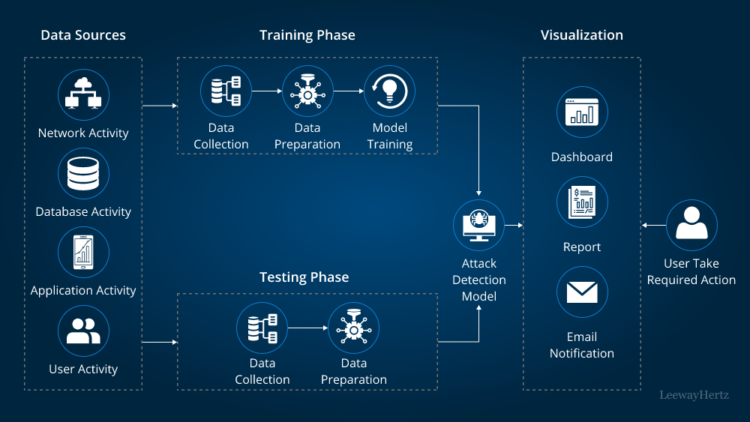If you’ve ever tried to open a cutting-edge AI tool only to discover it isn’t available where you live, you’ve already felt the quiet frustration behind unequal access. This problem is not small or accidental. It grows from how modern AI is built and hosted.
Most cutting-edge models sit inside the servers of giants like Meta, Google, Amazon, and Microsoft or in start-ups powered by elite venture capital. These ecosystems naturally focus on markets with the highest purchasing power. People in high-income regions get the earliest and easiest access, while others often cannot even test the same tools.
In less developed areas, the gap is obvious. Running an open-source language model locally takes fast internet and expensive GPUs. Cloud services help a little, but the price of heavy processing piles up quickly. Installing on-premises AI infrastructure means serious upfront spending on hardware and facilities. Without those foundations, the latest generation of AI stays out of reach for many communities.
Why Access Is Uneven
Internet penetration, local technical skills, and resource availability differ widely from place to place. This produces a patchwork of participation. Even across advanced societies, inadequate connectivity and outdated gear keep certain neighborhoods behind. Where you live, how much money you make, and how good the connections are all decide if you can be part of the new AI revolution.
Infrastructure is the first barrier. Advanced systems require powerful servers, secure data centers, and reliable high-speed internet. The cost of storing and processing massive datasets or training large models is prohibitive for most regions.
Legal and regulatory issues add more friction. Data protection laws, privacy rules, and local compliance demands can delay or prevent rollout. Some providers also set geographic limits because of licensing, security, or server-location concerns.
Economic realities may be toughest of all. AI projects need capital that simply is not available everywhere. Initial investments plus ongoing maintenance must fit local budgets, or nothing happens. Without serious planning, even promising initiatives stall.
And guess what? These problems aren’t just for poor countries. Rural America, remote European villages, or inner-city neighborhoods with outdated infrastructure can still miss out. Without deliberate action, technology will continue to cluster around privileged centers. That is why many observers call for universal public infrastructure to support AI diffusion.
How VPNs Step In
Against this backdrop, virtual private networks have become a practical tool. For years, people have used VPNs to reach content restricted by geography. Gamers know the routine. A tournament or website is only available in one country, so you connect through a VPN to appear as though you are there.
The same logic applies to AI. Services like Claude or Meta AI often carry geographic restrictions. Without a VPN, people in certain regions cannot even sign up. By masking a user’s real location and IP address, a VPN makes it look as though the connection comes from somewhere else. Traffic routes through a server in an unrestricted area first. In effect, VPNs bypass the barriers imposed by geography and licensing.
This can be transformative for AI access. VPNs let individuals connect to APIs, services, and products globally, regardless of where they are physically located. Instead of waiting for official rollouts that may never come, small teams and curious users can experiment with the same tools their counterparts enjoy in wealthier regions.
Consider removing this example entirely or replacing it with a more relevant AI-focused example. This is not hypothetical. It is exactly how many players who enjoy online casino games navigate global systems every day.
The same workaround now lets researchers, entrepreneurs, and students in restricted countries test advanced AI models without waiting for local approval.
The Limits of VPNs
VPNs, though, are not a magic bullet. Because traffic makes an extra hop, connections can be slower than a direct link. That delay may not matter when reading an article, but it can disrupt streaming or large data tasks.
Server coverage is another limit. Some VPN providers do not maintain nodes in every country, so endpoint choice can still affect what you can reach. And of course, a subscription costs money. In low-resource areas, that fee may itself be a barrier.
So while VPNs expand access, they do not solve the deeper problems of infrastructure, affordability, and legal compliance. They are a bridge, not a replacement for systemic change.




